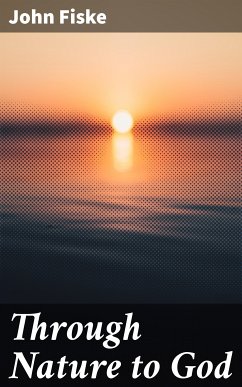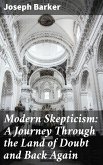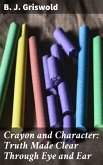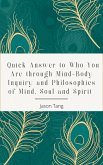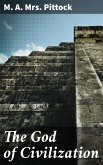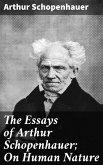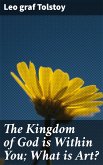In "Through Nature to God," John Fiske embarks on a profound intellectual journey, blending philosophy, science, and theology to explore the relationship between the natural world and divine existence. Written in the late 19th century, this book reflects the period's burgeoning interest in naturalism and scientific inquiry, employing a clear yet eloquent literary style that resonates with the inquiries of the age. Fiske articulates a vision where nature is not a mere backdrop but a dynamic element that points toward a greater spiritual reality, skillfully weaving together empirical observations and metaphysical reflections. John Fiske, a significant figure in American philosophy and history, was deeply influenced by the intellectual currents of his time, including transcendentalism and Darwinian evolution. His extensive background in both science and philosophy informed his belief in the compatibility of scientific understanding and religious faith. Fiske's own journey of reconciling nature with spirituality led him to write this book, aiming to address the existential questions of humanity in an increasingly secular world. "Through Nature to God" is highly recommended for readers seeking to bridge the gap between scientific inquiry and spiritual exploration. Fiske'Äôs thoughtful engagement invites readers to contemplate their own relationship with nature as a pathway to divine understanding, making this work a valuable contribution to both philosophical and theological discourse.
Dieser Download kann aus rechtlichen Gründen nur mit Rechnungsadresse in A, B, BG, CY, CZ, D, DK, EW, E, FIN, F, GR, H, IRL, I, LT, L, LR, M, NL, PL, P, R, S, SLO, SK ausgeliefert werden.

